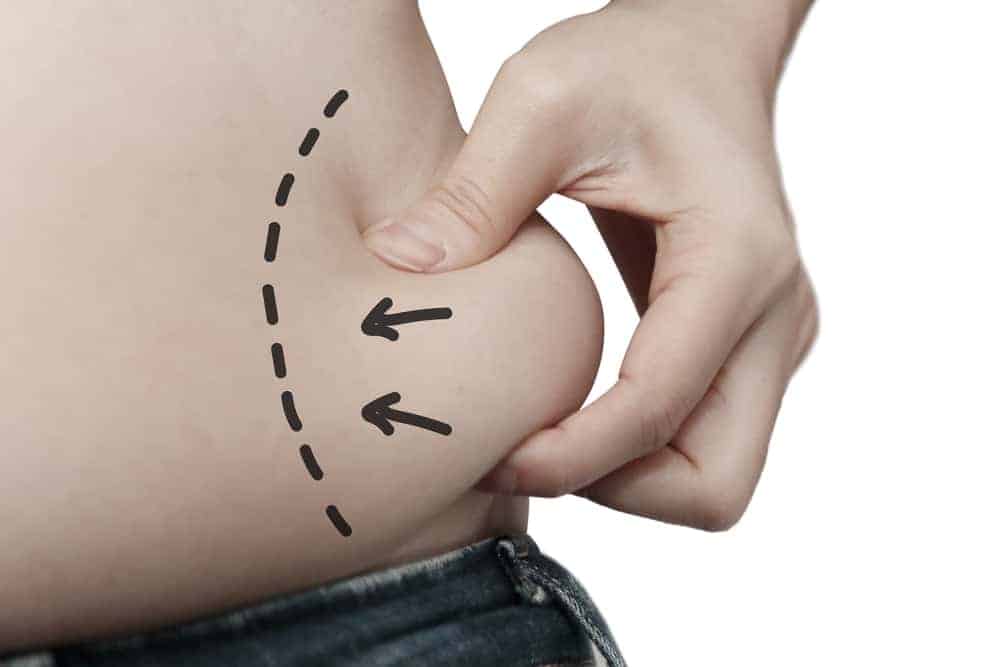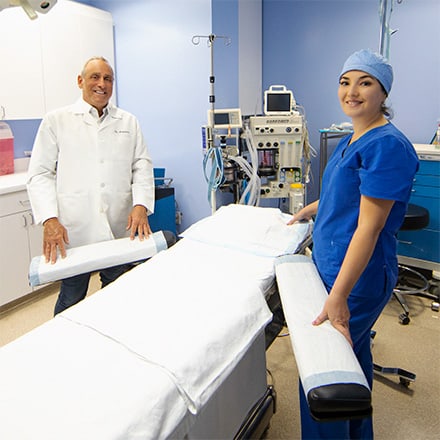Before deciding whether liposuction is right for you, understand what the procedure can and cannot do. Long Island plastic surgeon Dr. Lloyd Landsman details some of the common misperceptions regarding liposuction.
Not a Weight Loss Strategy
Perhaps the biggest myth surrounding liposuction is that it is a good way to lose weight. There are other surgeries, including various bariatric procedures, that can help with substantial weight loss, but liposuction is not among them.
Liposuction is designed for those whose body weight is stable, but cannot rid themselves of noticeable fat pockets via diet and exercise. While it is not a weight loss strategy, it is an excellent method of body contouring.
Fat Returns
Some people think that the fat removed during liposuction eventually returns. That is not the case. Liposuction permanently removes those fat cells, and that means the fat not only doesn’t come back in the treated area, but does not migrate to other parts of the body.
Liposuction Scarring
If you balk at the idea of liposuction because you have heard it results in considerable scarring, don’t worry. That is simply untrue. Because most liposuction procedures are minimally invasive, only tiny incisions are made. Any scarring that does occur is barely noticeable. Those around you will not be able to see your incision scars after healing. In fact, you yourself may have difficulty finding them.
Liposuction and Cellulite
A widespread misconception regarding liposuction is that it can eradicate cellulite. Unfortunately, that is a big myth. Liposuction can remove fat pockets, but that is not what cellulite is. Instead, cellulite develops when fat beneath the skin moves against connective tissue bands, causing that dimpled appearance. There are other treatments that can reduce or get rid of cellulite, but liposuction is not one of them.
A Painful Procedure
While every person has his or her own pain threshold, most people do not find liposuction particularly painful. Expect some mild discomfort right after the procedure, but over-the-counter non-steroidal anti-inflammatory drugs (NSAIDs), such as ibuprofen or naproxen, will control any discomfort for a day or two.
Unlike some cosmetic surgeries, patients undergoing liposuction receive only a local anesthetic. Because they are awake, they can let the surgeon know if they experience pain, and the doctor can then alter what they are doing to reduce discomfort.
Contact Us
If you would like to learn more about liposuction and the right procedures for your purposes, schedule a personal consultation with Dr. Landsman. Contact our Long Island practice to speak to a member of our team today.











